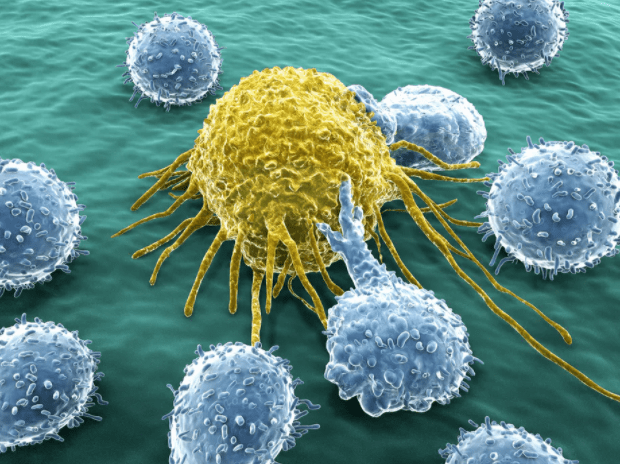
Reviewed and Updated: October 28th, 2024
Most of the time, our immune system does a tremendous job of protecting us against illness and infection, but sometimes we still get sick. That leaves us wondering if we can boost our immune system to protect against illness more effectively. So how do you boost your immune system? Is there a pill, a vitamin, or an activity you can do?
Understanding the immune system
The truth is that your immune system is just that, a system, not a single organ. So improving its overall efficiency depends on several moving parts. The system comprises organs, cells, and chemicals that work together to fight off disease and illnesses on your behalf.
Walk into any drugstore and you can be overwhelmed with products that claim to boost your immune system, but it's a much more complex process than it appears. Except for retrospective and observational studies, there isn’t much definitive data on this system. But we do have some ideas on optimizing some of those moving parts.
Science is discovering that certain lifestyle factors may affect our immune systems. Making positive changes in lifestyle and doing what you can to improve your health are both excellent places to start.
Related: Vitamin D vs. D3: Differences and Similarities
Healthy ways to strengthen your immune system
The following are some positive actions that, when taken all together, can strengthen your overall immune health.

Eat a healthy diet
It stands to reason that if you give your body all of the dietary nutrition it needs to be fully-functioning and efficient, that your immune system would also be improved. A nutritious diet is vital for the healthy functioning of all of our cells, including our immune cells.
A diet full of processed foods, refined sugars and red meats may not offer your body everything it requires. Additionally, these diets can cause intestinal problems, inflammation of the gut, and a suppressed immune system. Instead, eat a fiber-rich, plant-rich diet of fruits, vegetables, legumes, healthy proteins and whole grains to help grow colonies of beneficial microbes in your intestinal tract. The actions of these microbes stimulate immune cell activity.
Eat pickled and fermented foods
Continuing from the above point, pickled and fermented foods contain probiotics. Probiotics are the beneficial microbes that populate (hopefully) your intestinal tract. Fermented foods include yogurt, kimchi, sauerkraut, natto, tempeh, Kombucha tea, and kefir.
Probiotics strengthen your immune system by helping your immune cells differentiate between healthy, normal cells and harmful ones.
Studies show that young participants who consumed regular amounts of fermented milk, had 20% fewer childhood infectious diseases, as compared to the control group.
If fermented drinks and foods are not appealing to you, you can also take probiotic supplements. One study has shown that 152 people who were infected with a virus and then given a probiotic (Bifidobacterium animalis) had a more robust immune response and lower levels of the virus than the control group. This improvement in their condition only took 28 days.
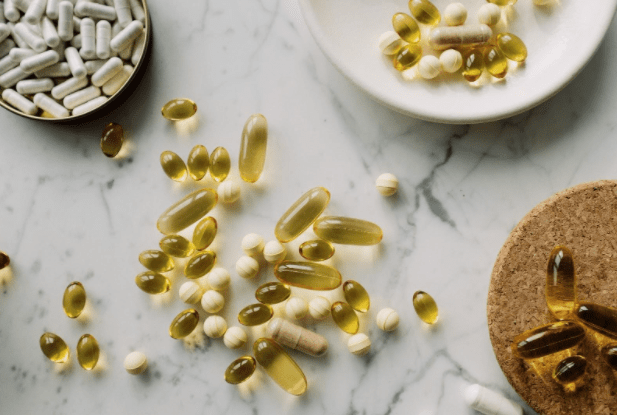
Supplement for essential vitamins and minerals (if necessary)
Deficiencies of essential nutrients can hinder your body's immune response. Specifically, studies have shown that being deficient in zinc, iron, selenium, folic acid, copper, and Vitamins A, B6, C, D, and E is associated with an impaired immune response. These nutrients and vitamins help your immune system because they function as antioxidants that protect your healthy cells, produce antibodies, and support your immune cells' growth and activities.
Here are a few nutrients that are suggested to have a positive effect on your immune system:
- Zinc
- Vitamin C
- Vitamin D
- Echinacea
- Elderberry
- Garlic

Exercise
Moderate exercise will strengthen your cardiovascular system, lower your blood pressure, protect against certain diseases, and help you control your body weight. Additionally, exercise causes the release of anti-inflammatory cytokines (the messengers of the immune system) before and after the exercise itself. Exercise also increases the circulation of white blood cells (WBCs) and antibodies which enhances the detection of illnesses which can also aid in the immune response.
For years, it has been thought that heavy exercise is detrimental to immune health following a study of participants in the Los Angeles Marathon. More recent research contradicts the conclusions of that study, but it’s still a good idea to at least ramp up slowly and be mindful to protect your bones and joints.
Get outside
Fresh air and sunshine are always a good idea. Sunlight provides you with Vitamin D, which helps prevent autoimmune diseases, depression, and heart disease. Additionally, the blue light from the sun stimulates the production of hydrogen peroxide in T cells which increases their movement, much needed to go to the sites of infection in order for T cells to do their job. Be mindful that too much of this good thing can be temporarily detrimental to your immune system. So be sensible.
Everyone, even those with darker skin tones, should wear broad-spectrum UVA and UVB sunscreen - Sun Protection Factor (SPF) 30 or higher. If you have to be in the sun for a prolonged period, you should cover your skin with long sleeves, long pants, hats, and sunglasses. Try to avoid direct sunlight when the sun is most intense.

Stay hydrated
Here are a few quick facts about water in your body and your health:
- Up to 60% of your body is water.
- Your brain and heart are 73% water.
- Your lungs are 83% water.
- Your skin contains 64% water.
- Your muscles and kidneys are 79% water.
- Your bones are up to 31%.
Water is essential to the health of every cell in your body - including the cells of your immune system.
As a result, complications due to dehydration may also make you susceptible to illness since the immune system is not able to work effectively.
Related: What’s Your Ideal Heart Rate And How to Lower It (10 Unique Tips!)

Quit smoking
If you're a smoker, quit. Not smoking will increase blood circulation throughout your body, improve your oxygen levels, and decrease inflammation. On top of those excellent benefits, it will strengthen your immune system.
The CDC published this piece that cites a correlation between smoking and rheumatoid arthritis, an autoimmune disorder that causes pain and swelling in the joints.

Get a good night's sleep
Sound sleep is vital to a healthy immune system. One study showed that participants who slept for less than 6 hours per night were more prone to infectious illnesses. In fact, the reason that you sleep more when you're ill might be your body's attempt at restoring your immune system to strength. T cells are also produced during sleep hours which is critical for the immune response.
Ideally, we should aim for seven or more hours of sleep each night. If you find it challenging to fall asleep, consider limiting your screen time earlier in the evening or using a blue light on your phone, computer screen, and TV.
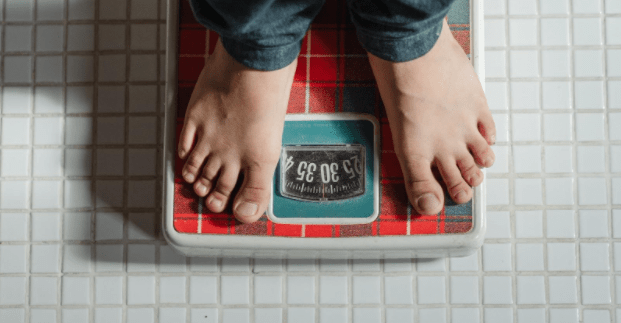
Establish a healthy weight
To understand why obesity is a problem for your immune system, let's look at what happens when your system is activated. When the immune system is triggered, it causes inflammation. This appears as red and swollen flesh because of an increased blood volume to the area - think of your nose when you catch a cold.
Inflammation may not be attractive to look at, but it is a good thing for your body. It demonstrates that your body is releasing hormones and proteins (cytokines), and the activity of white blood cells moving to your defense.
When you're overweight, there is an excess of adipose tissue (body fat). Among other concerns, this kind of fat can also release cytokines creating inflammation in the body. But as your body fat is constant, so is the inflammation it causes. Some researchers have called obesity a 'state of low-grade, chronic inflammation.' So your body is left in a constant state of an immune response. In other words, your body's defenses are on high-alert permanently.
For the sake of your immune system, take whatever measures are necessary to get to a healthy body weight.
Related: Digestive Enzymes vs. Probiotics: What You Need to Know

Reduce stress
Long term stress promotes inflammation in the body, which is damaging to your immune system. Just like when you're overweight, your immune response is permanently turned on.
To reduce stress in your life, consider activities like meditation, exercise, yoga, journaling, and mindfulness practices. If heavy stress is a consistent problem, consider seeing a therapist or licensed counselor. Now, there’s less reason than ever to avoid giving therapy a try as there are remote, hourly options that you can try. Verywellmind put together this list of online programs with some pros and cons of each.
Bottom Line
Your immune system is imperative to your health and well-being. It's your body's defense system, protecting you from sickness and disease. For all of our talk about making it more robust, we don't actually want it to be too strong. It's just as damaging to your body to have an overactive immune response as it is to have an ineffective response. So here's to balance and to making healthy life choices that make us stronger and happier for life.
Looking to maintain a healthier lifestyle? Best in Nature has a full line of health supplements to cover your needs. Check them out here.
Disclaimer: This article is for informational purposes only and not to be taken as medical advice. If you have questions about your individual immune health and function, please consult a physician. Additionally, the COVID-19 Pandemic is still evolving and there isn’t research to support any specific supplement or lifestyle change to protect against it aside from physical distancing when possible.
© 2021 Best in Nature All rights reserved






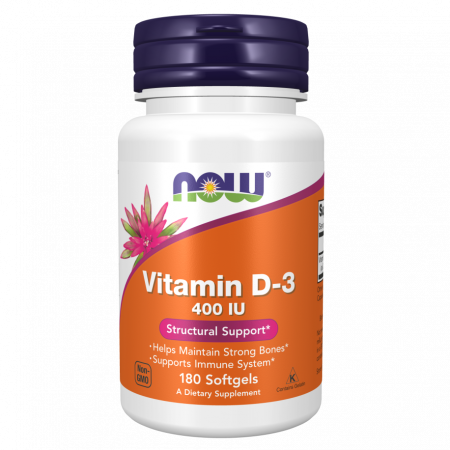
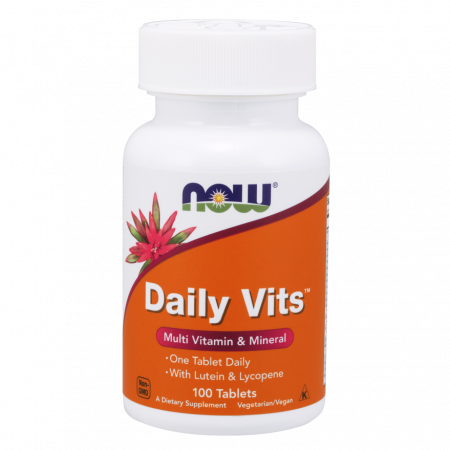
Validate your login
Sign In
Create New Account